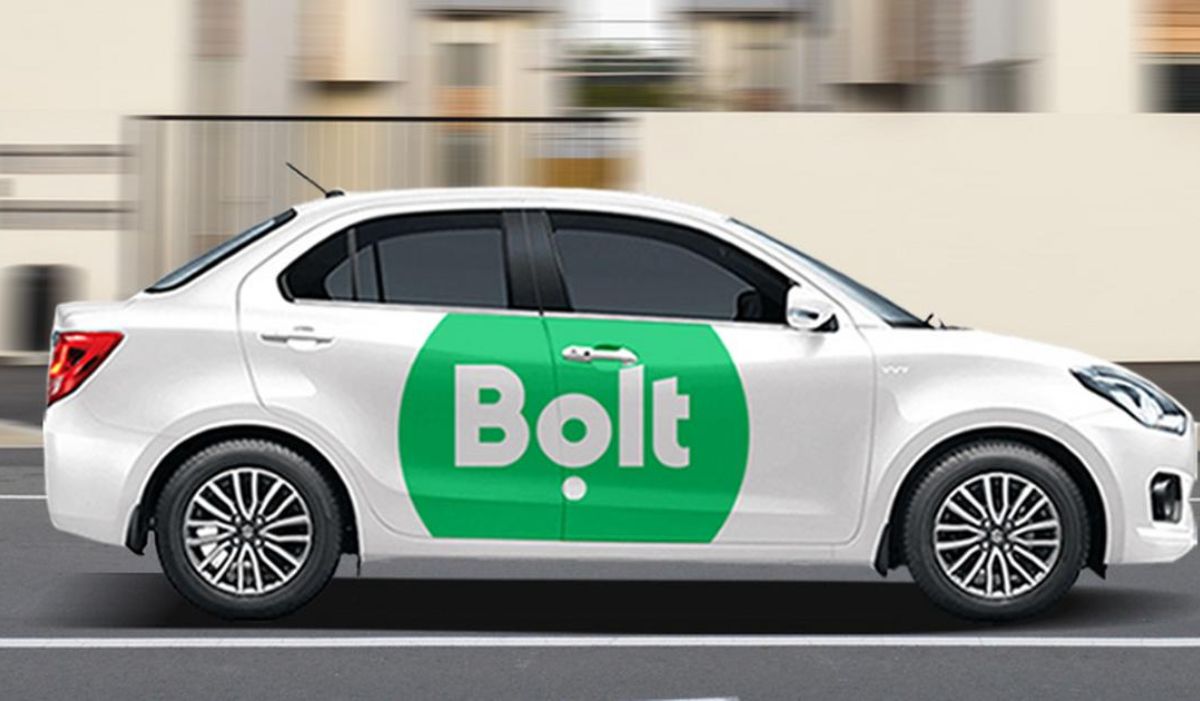Bolt’s Top 50 Drivers Rake In ₦9.6M Each in 6 Months, Outpacing Rivals inDrive

Bolt has disclosed that its top 50 Nigerian drivers earned an average of ₦9.6 million ($6,300) in the first half of 2025, significantly higher than the ₦7.6 million ($4,996) average reported by inDrive for the same cohort.
The earnings, which include trip fares and bonuses, spotlight growing competition in Nigeria’s fast-expanding ride-hailing market, expected to hit $380 million by 2028.
Bolt’s elite drivers reportedly earn about ₦1.6 million ($1,050) per month, compared to ₦1.2 million ($787) on inDrive, according to TechCabal.
According to inDrive spokesperson Oladimeji Timothy, “As inflation rises and job opportunities remain scarce, platforms like inDrive provide essential livelihoods for thousands across Nigeria.”
Despite the lucrative payouts, discontent among drivers is rising. 2025 has seen multiple strikes driven by complaints over rising fuel costs, unfavourable commission structures, and a perceived lack of platform support. In May, Lagos-based drivers threatened to boycott Bolt, Uber, and inDrive over their grievances.
The Amalgamated Union of App-Based Transporters of Nigeria (AUATON) has accused these companies of manipulating fares and slashing driver pay, which, they argue, worsens the impact of soaring maintenance and fuel expenses.
Government scrutiny is intensifying. The Lagos State House of Assembly summoned major players in June, demanding comprehensive audits of driver earnings and contracts.
In the meantime, drivers are adapting. Many now switch between platforms—known as “multi-homing”—to boost income.
While inDrive’s flexible pricing model and lower fees have made it more attractive, Bolt has countered with incentives, including fuel subsidies and performance-based commission cuts. Bolt also piloted a fare-negotiation tool that mirrored inDrive’s feature, but later discontinued it, much to some drivers’ disappointment.
“Negotiation gives us more control, like we’re finally being heard,” a Lagos Bolt driver said, expressing frustration over the tool’s removal.
With inflation, unclear regulations, and platform dissatisfaction on the rise, some users are turning to off-app alternatives. Still, in an economy where less than 1% of workers earn ₦1 million monthly, platforms offering top drivers up to ₦1.6 million will likely continue to attract interest.





